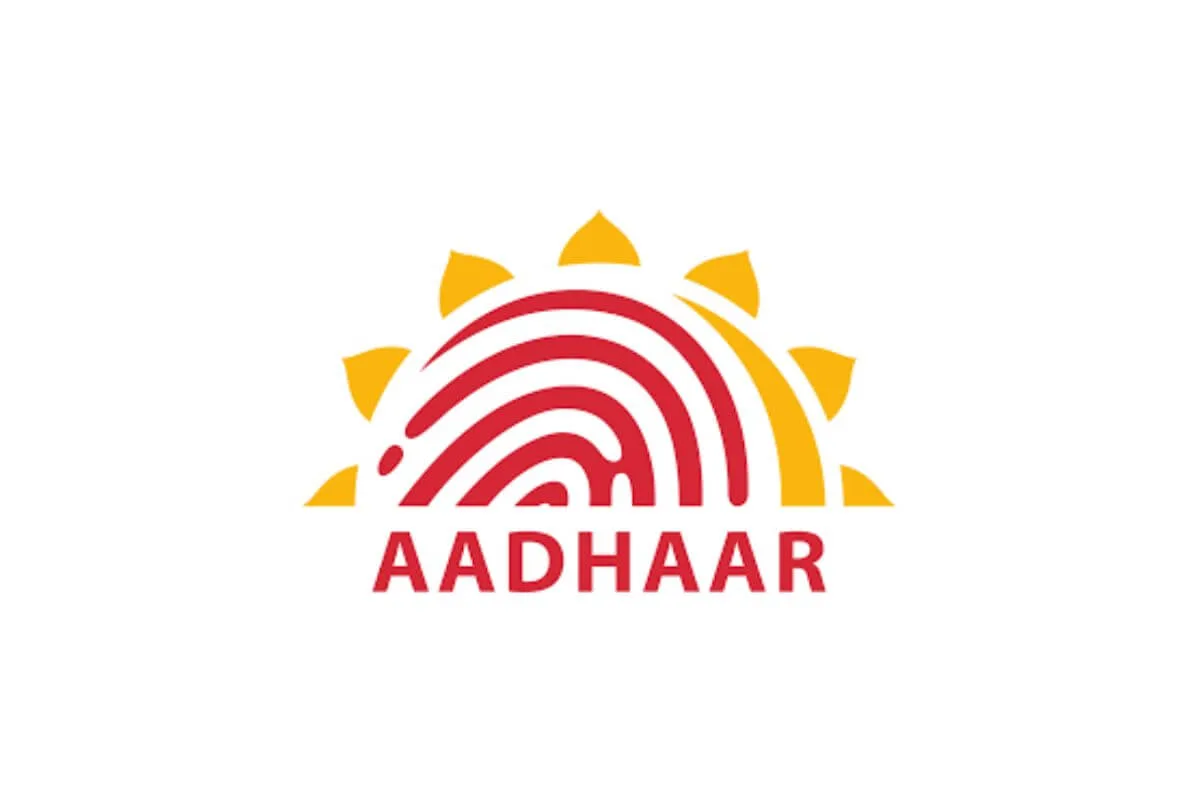
The Indian government has permitted Aadhaar-enabled face authentication to be integrated into private entities' mobile apps, enabling seamless and secure identity verification for users. This move is expected to enhance ease of living, facilitate digital transactions, and improve service accessibility across sectors, including hospitality, healthcare, credit rating bureaus, e-commerce, educational institutions, and aggregator service providers.
Also Read: Aadhaar Has Enabled Jio to Activate Millions of Customers: Infosys Chairman
Expanded Use Cases for Aadhaar Authentication
With this update, private companies can now leverage Aadhaar face authentication for processes such as customer onboarding, e-KYC verification, exam registrations, and staff attendance. This biometric authentication method aims to provide a frictionless and secure way for users to access services, reducing dependency on OTPs or physical documents.
Launch of Aadhaar Good Governance Portal
According to the Ministry, the decision aligns with the Aadhaar Authentication for Good Governance (Social Welfare, Innovation, Knowledge) Amendment Rules, 2025, which expand Aadhaar's scope to improve transparency and efficiency in governance and service delivery. The Ministry of Electronics and Information Technology (MeitY) has also launched the Aadhaar Good Governance portal (swik.meity.gov.in), offering guidance for authentication-seeking entities on applying and onboarding Aadhaar authentication services.
Also Read: India to Promote Cheap Data Rates, 5G Expansion to Attract Global Investments: Report
The portal was launched by S Krishnan, Secretary, MeitY, in the presence of Bhuvnesh Kumar, CEO of UIDAI; Inder Pal Singh Sethi, Director General of NIC; Manish Bhardwaj, DDG of UIDAI; Amod Kumar, DDG of UIDAI; and other senior officials from MeitY, UIDAI, and NIC.
Krishnan highlighted that with the launch of this platform and continuous improvement of other processes and systems around it, we hope to expedite the process of adding more use cases in the domain of good governance and ease of living.
Bhuvnesh Kumar, CEO of UIDAI emphasised how Aadhaar is facilitating the growth of India’s digital economy. He said Aadhaar is an enabler of good governance, and resident centricity is the focus of UIDAI. The Aadhaar good governance portal has been developed to facilitate ease of submission and approval proposals by entities in accordance with prescribed rules.
Also Read: PMO Orders Mandatory Biometric Aadhaar Verification for SIM Sales: Report
Aadhaar's Role in India's Digital Economy
"Aadhaar is considered as the most trusted digital ID in the world. In the past decade, more than a billion Indians have expressed their trust in Aadhaar by using it to authenticate themselves over 100 billion times. Expansion of the scope of Aadhaar authentication, as envisaged in the amendment, will further improve ease of living and facilitate hassle-free access to newer services of their choice," the Ministry of Electronics and Information Technology (MeitY) said on February 27.
"The amendment enables both government and non-government entities to avail Aadhaar authentication service for providing various services in the public interest for related specific purposes like enablement of innovation, spread of knowledge, promoting ease of living of residents and enabling better access to services for them. This will help both the service providers as well as the service seekers to have trusted transactions," MeitY added.















